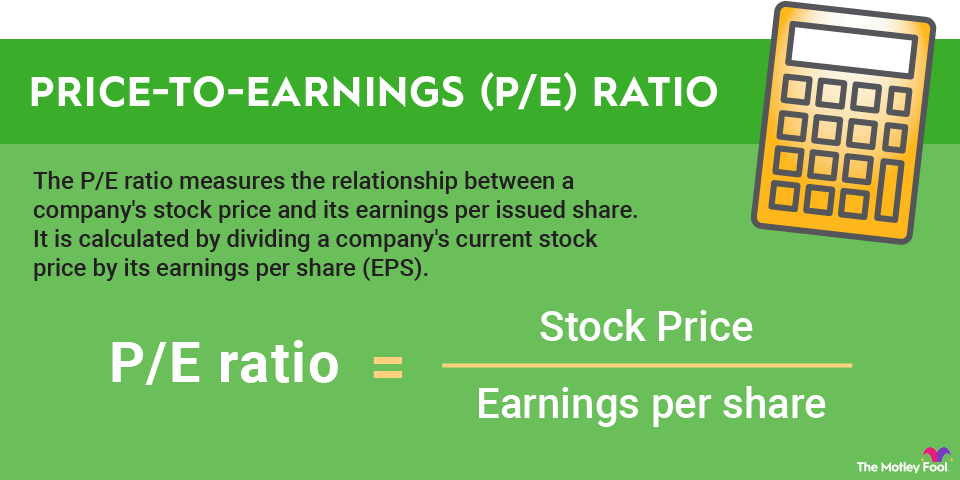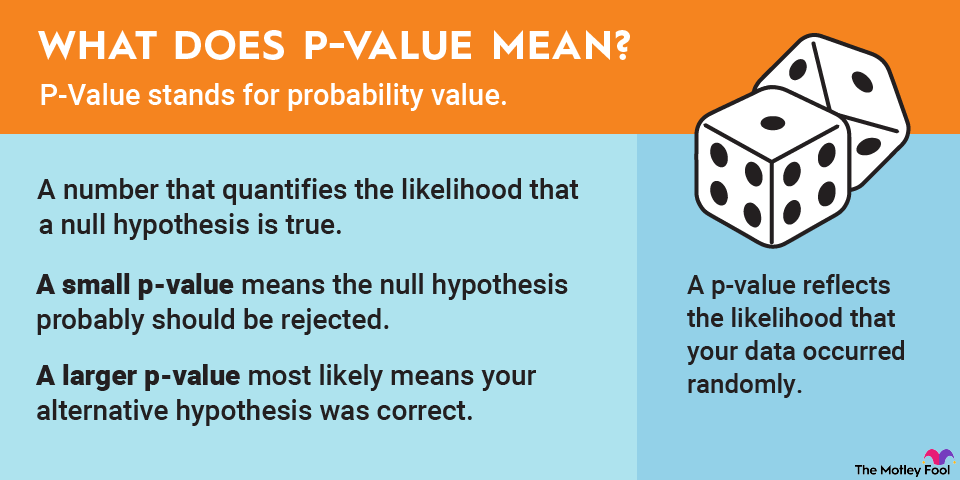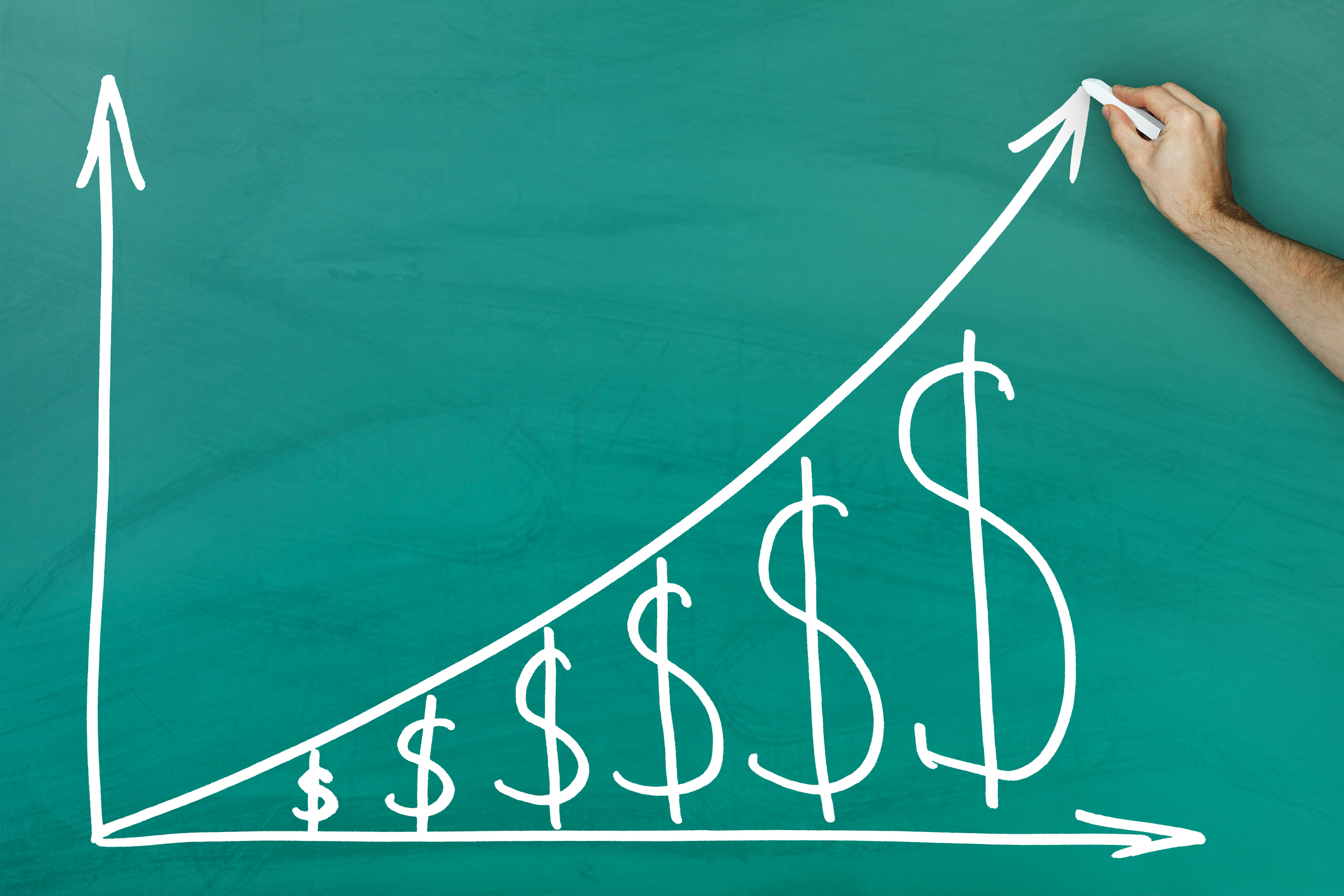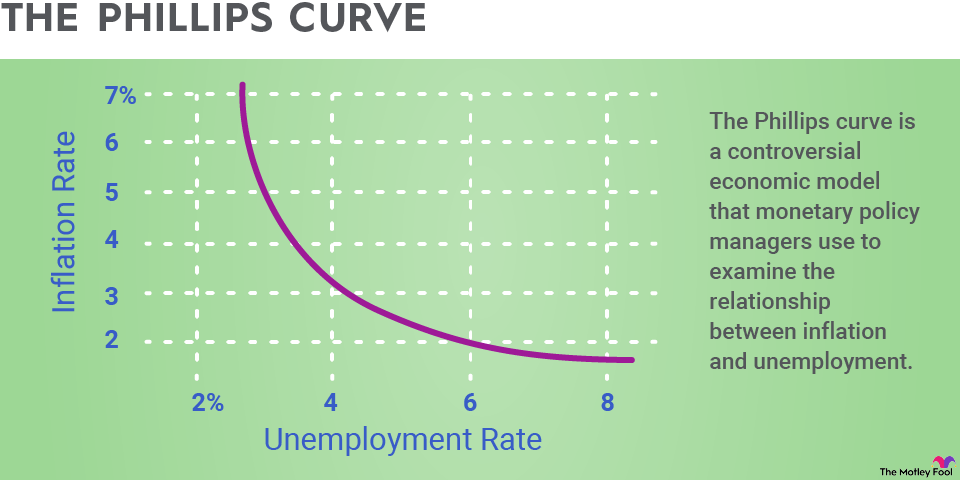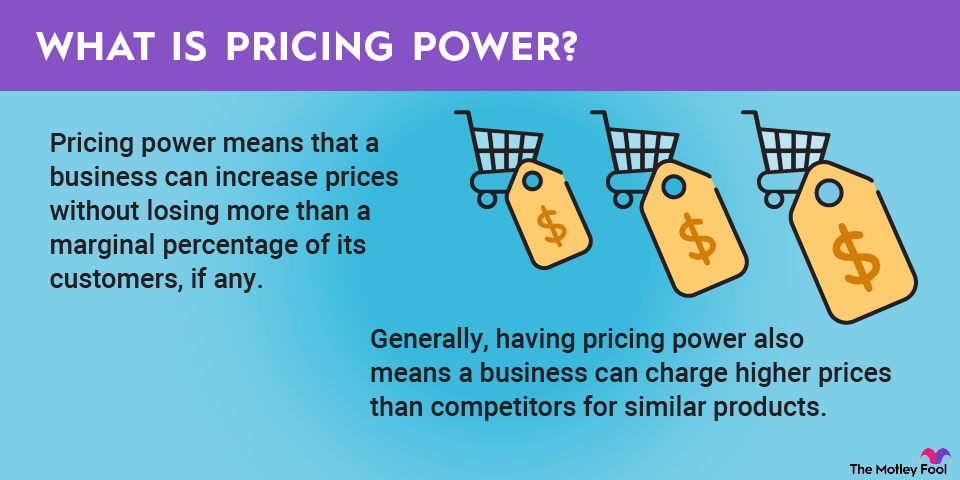The term "pick-and-shovel" originated from the California Gold Rush of the mid-1800s. During that period, thousands of prospectors flocked to California with the hope of striking it rich by finding gold. However, finding gold was not guaranteed, and many prospectors struggled to achieve success.
In contrast, the merchants who sold picks, shovels, and other essential tools and supplies to the miners were often consistently profitable. This was because every miner, regardless of whether they found gold or not, needed the equipment.
Here’s what you need to know about what pick-and-shovel investing means, how it works, its pros and cons, and more.

What is pick-and-shovel investing?
Pick-and-shovel investing is a strategy where you invest in the companies that provide the tools, services, or technology needed by a specific industry, rather than directly investing in the companies producing the main product or service of that industry.
This strategy aims to capitalize on the growth trajectory of a particular sector or industry. This approach can also reduce the risks associated with directly investing in the more speculative or volatile companies at the forefront of that particular trend.
How does pick-and-shovel investing work?
A pick-and-shovel investing approach seeks to profit from the fundamental building blocks and supportive structures that underpin a growing industry, rather than directly betting on the success of the industry's end products or flagship companies. The pick-and-shovel investing approach can be applied to virtually any industry.
For example, instead of investing directly in electric vehicle manufacturers, a pick-and-shovel investor might consider companies that supply the chips or batteries needed for EVs. Similarly, in the rapidly growing 5G technology space, you could invest in companies that manufacture antennas, transmitters, or other infrastructure, rather than focusing solely on smartphone makers or mobile service providers.
If you’re intrigued by investments in the artificial intelligence (AI) space, instead of investing in a specific AI company, you might invest in companies that provide the infrastructure (data centers, cloud computing), or specialized chips needed to power AI technologies. If you want to put cash to work in the more defensive pharmaceutical industry, you might invest in companies that manufacture vaccines or medical equipment, rather than focusing on the companies that develop the drugs themselves.
Likewise, investing in properties like hospitals, medical office buildings, senior living facilities, and research labs can provide exposure to the growing demand for healthcare infrastructure. Investing in companies involved in manufacturing materials for renewable power generation, electricity transmission and distribution, or smart grid technology, offers exposure to the growing sustainable infrastructure sector.
Companies providing concrete, clay, plumbing, and heating supplies would be considered pick-and-shovel plays in the construction industry. These are just a handful of ways to take the pick-and-shovel approach if you want to leverage this strategy as you build out your portfolio.
What are the pros and cons of pick-and-shovel investing?
There are numerous advantages that individual retail investors can experience by incorporating the pick-and-shovel approach into their overall investing strategy. These include:
- Stability and lower risk: Pick-and-shovel companies often have a broader customer base and may be less exposed to the volatility and risks associated with directly investing in the main players of a particular industry or the final product.
- Diversification: By investing in companies that supply multiple industries, investors can potentially reduce risk and diversify their portfolios.
- Essential services: These companies provide essential products or services, meaning their demand may be more consistent, regardless of short-term fluctuations in the industry they support.
- Potential for undervaluation: Smaller companies supplying trending industries might be overlooked and undervalued compared to the prominent names, potentially offering investors a larger margin of safety and upside potential.
- Long-term growth: Pick-and-shovel plays can be suitable for investors with a long-term perspective seeking stable and consistent growth.
However, there are some potential cons to pick-and-shovel investing that some investors might want to consider. While less exposed to direct industry volatility, pick-and-shovel companies still depend on the underlying industry's health and growth. A prolonged downturn in the industry could negatively affect suppliers, too.
Some suppliers might rely heavily on a few major customers, so if one of these customers switches suppliers or experiences significant difficulties, the supplier company could suffer a substantial loss of revenue. While not always the case, some pick-and-shovel plays might offer more conservative returns compared to direct investments in highly successful companies at the forefront of that particular industry or sector.
Related investing topics
Pick-and-shovel investing in the real world
One well-known example of a pick-and-shovel play in the AI sector is Nvidia (NVDA +0.70%). Nvidia's graphics processing units (GPUs) are crucial for training the large language models (LLMs) and other AI applications that are driving the current AI boom. If you want to incorporate pick-and-shovel investing into your growing portfolio, start by looking for significant, economically important, and reasonably sustainable trends or growth industries with a growing number of uses.
Once you've identified a promising trend, pinpoint the key players or market leaders within that niche or sector, and the products or services that are absolutely essential to their core business operations. Then, find the companies that provide these essential components, tools, or services to the market leaders.
Be sure to do your research on the financial health and growth tailwinds for any company you’re considering to ensure you’re investing in a quality business that you want to buy and hold for the long term. If all or most of the major competitors in a sector or industry rely on the same supplier or group of suppliers for an essential component, this can be a strong indicator of a well-protected and potentially lucrative pick-and-shovel opportunity.

